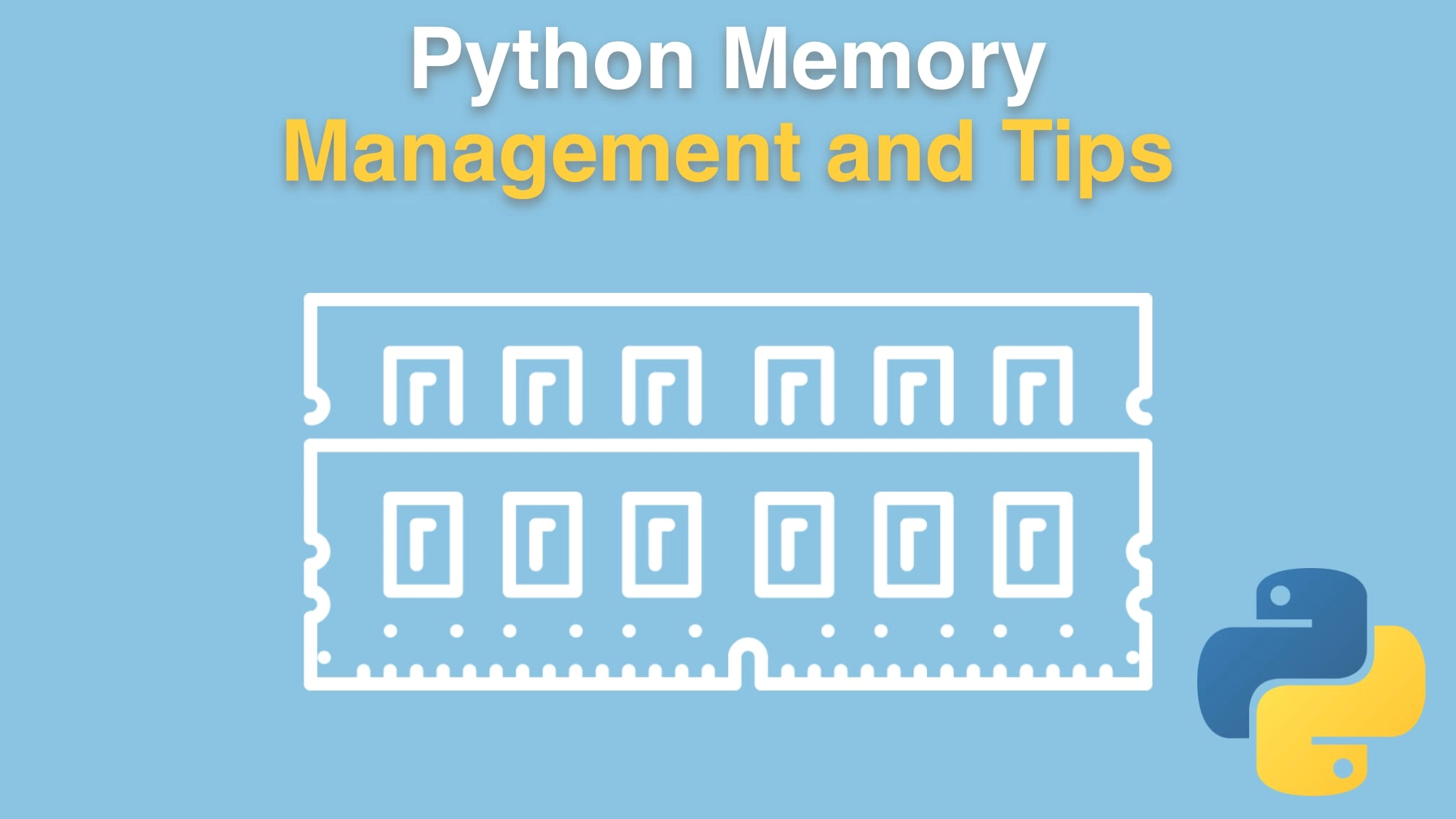Python Memory Management and Tips Transcripts
Chapter: Memory and functions
Lecture: Concept: Generators
Login or
purchase this course
to watch this video and the rest of the course contents.
0:00
We saw how incredibly easy it was to convert these functions that turned everything to a
0:05
list all at once and then handed them around over to generators. Square brackets, parentheses. Done. Now again, the consumption side, how you use it,
0:16
you have to be more aware of only going through that list once, but if that's the use case you have anyway, this is an incredibly easy way to do it.
0:25
We could also go and be more explicit for scenarios where it's not just a list comprehension but you have more interesting code. Like this one
0:32
we converted using the yield keyword, and surprisingly, it actually got shorter even though it sort of had more syntax that we had
0:40
to do. And it just blew the other patterns we had out of the water. So this one, the memory growth in the example I had originally was 102
0:51
megabytes, and this one is zero. Zero! Incredibly, it's because we only loaded like a handful of numbers at a time, and that's it, and nothing else.
1:04
It's so awesome. This one, on the other hand, I timed it outside of, I just threw some timing on the demo so I'll check that into the source control,
1:12
This one takes about 1.11 seconds on my computer while I'm doing screen recording, all that kind of stuff.
1:19
This one takes a little bit longer, 1.77 seconds. So your paying a little bit of computational time for in 400X improvement in memory,
1:30
415 times better memory storing. That's not always worthwhile. Maybe you have more memory, and it's just about getting things done quicker.
1:36
But if this is the case, if you're under memory pressure, this is a fantastic pattern.
1:42
You should absolutely use these in data pipeline type of scenarios. It's really, really powerful.
